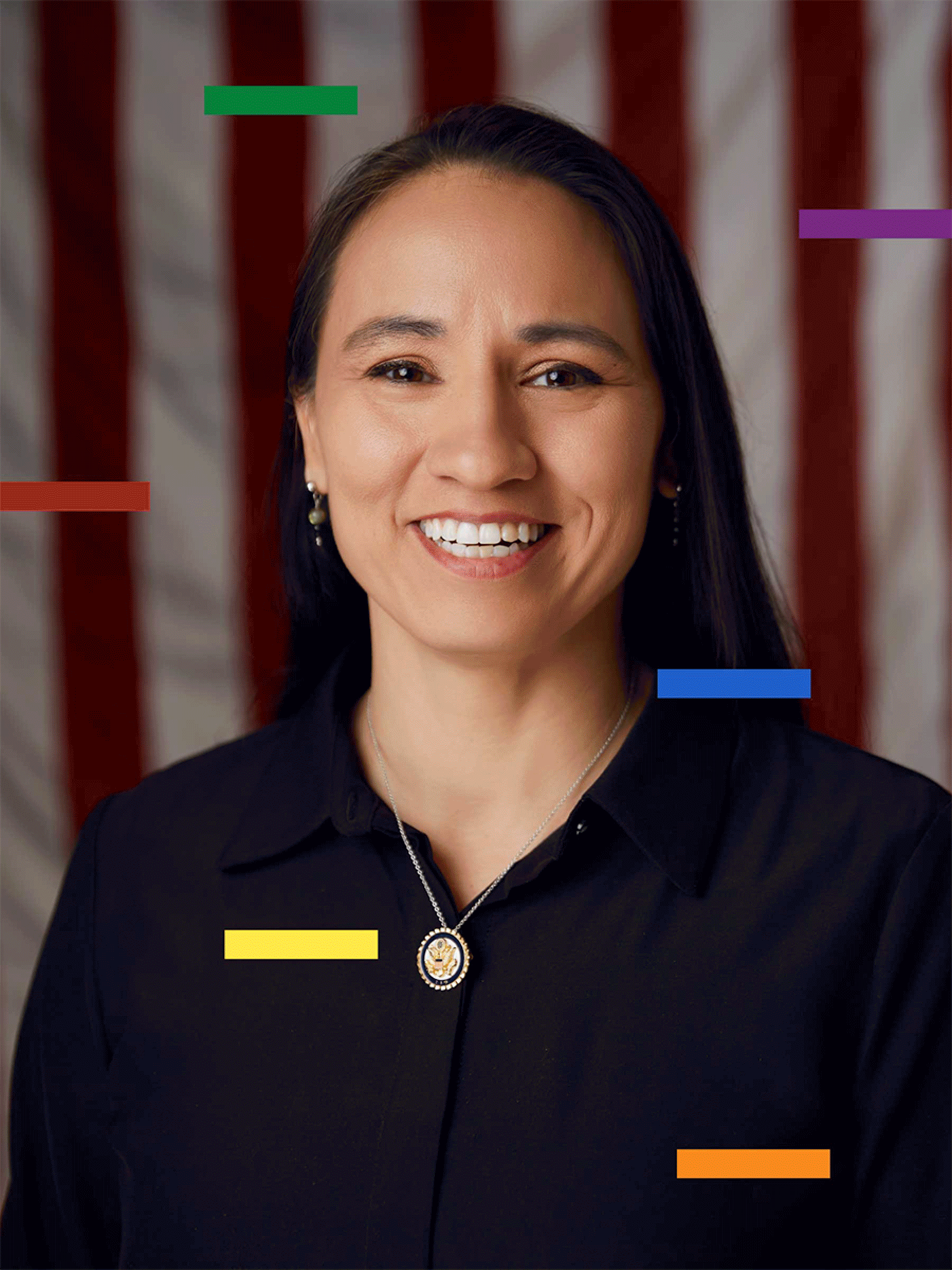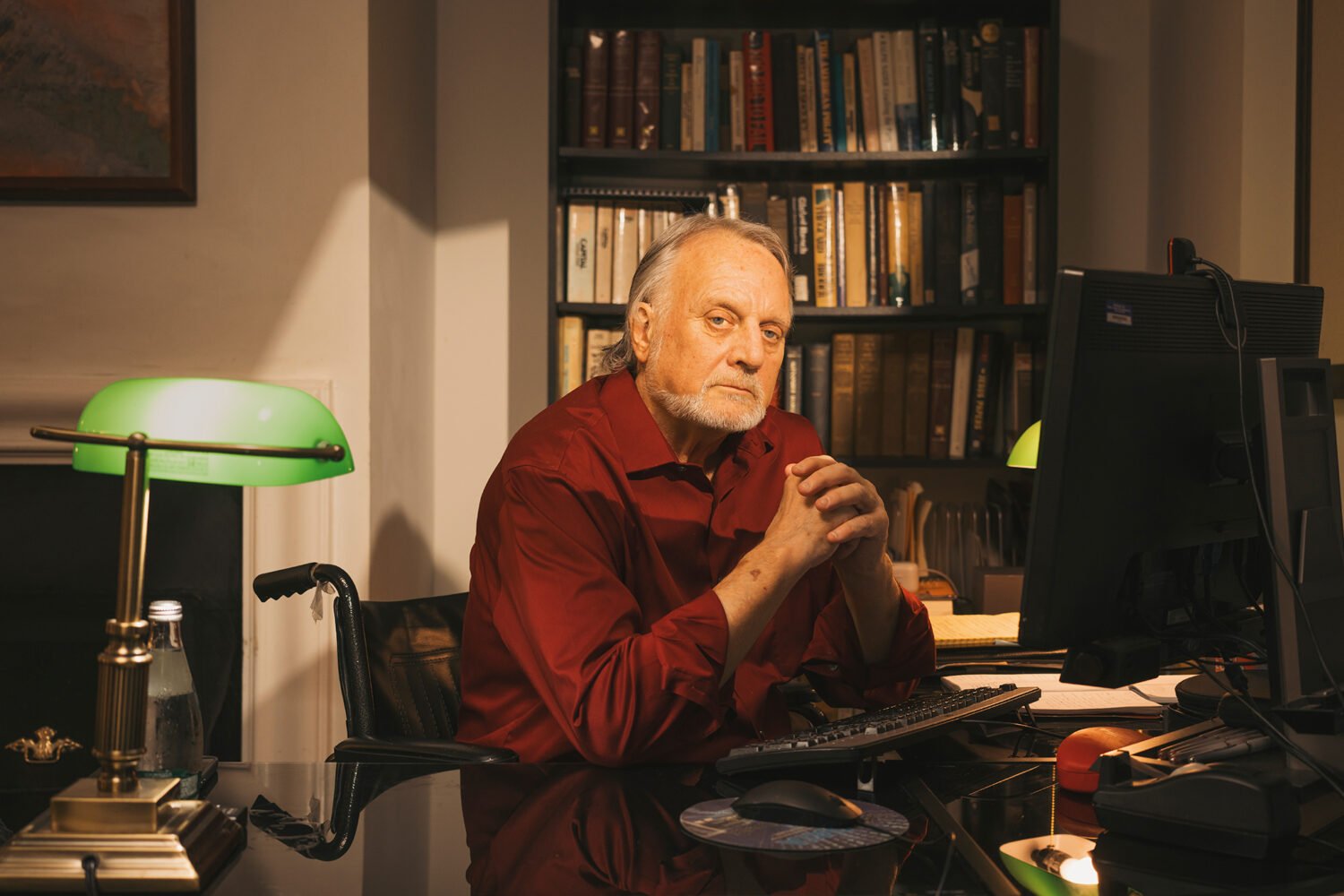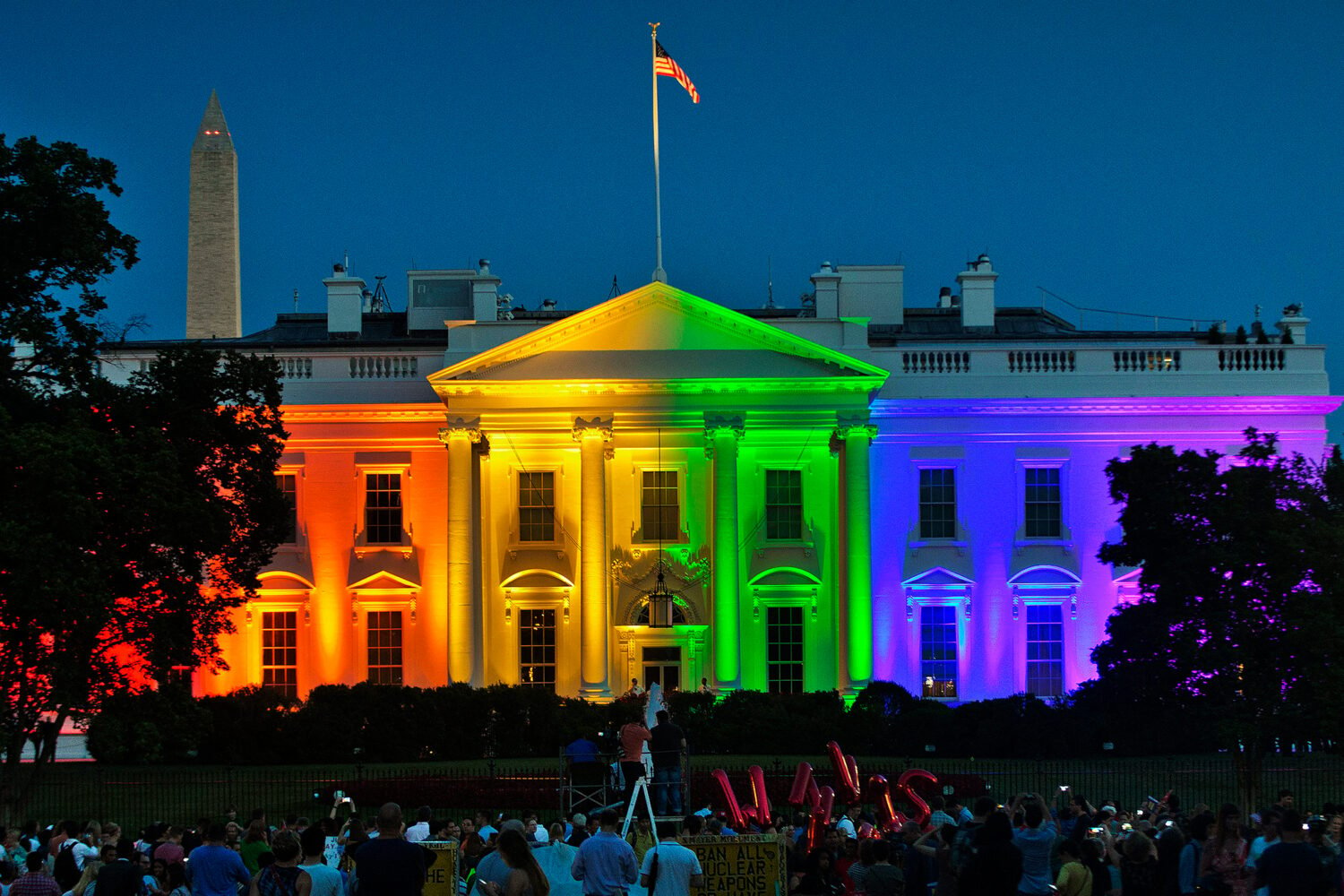Sharice Davids
House of Representatives, 2019–present
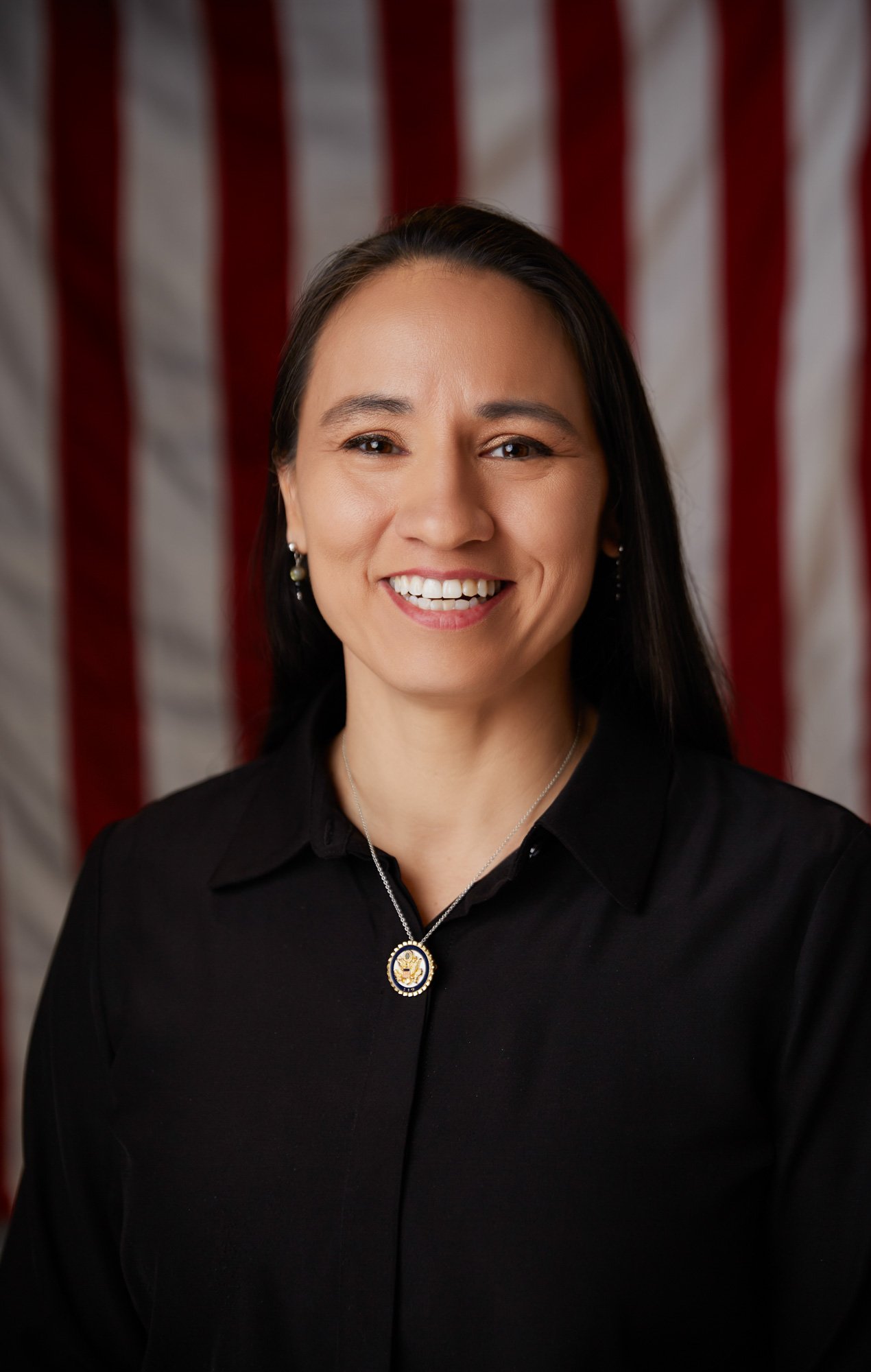
When Davids became the first openly lesbian Native American in Congress in 2019, Missouri Democratic representative Emanuel Cleaver told her to come see him if anyone gave her trouble. Davids, a former mixed martial artist who grew up idolizing Bruce Lee, responded: Have I ever shown you how to break somebody’s arm?
A member of the Ho-Chunk Nation and a Cornell Law School graduate, Davids is known as a disciplined and well-prepared lawmaker who eschews made-for-social-media antics, preferring to persuade her peers through private conversation. Still, the Kansas congresswoman is not afraid to fight for issues she believes in, including providing mental-health resources to at-risk LGBTQ+ youth and advancing the Equality Act, a landmark LGBTQ+ rights bill that has stalled on Capitol Hill. “I always encourage people not to find out what my skill set is,” she says.
Back to Top
Ritchie Torres
House of Representatives, 2021–present
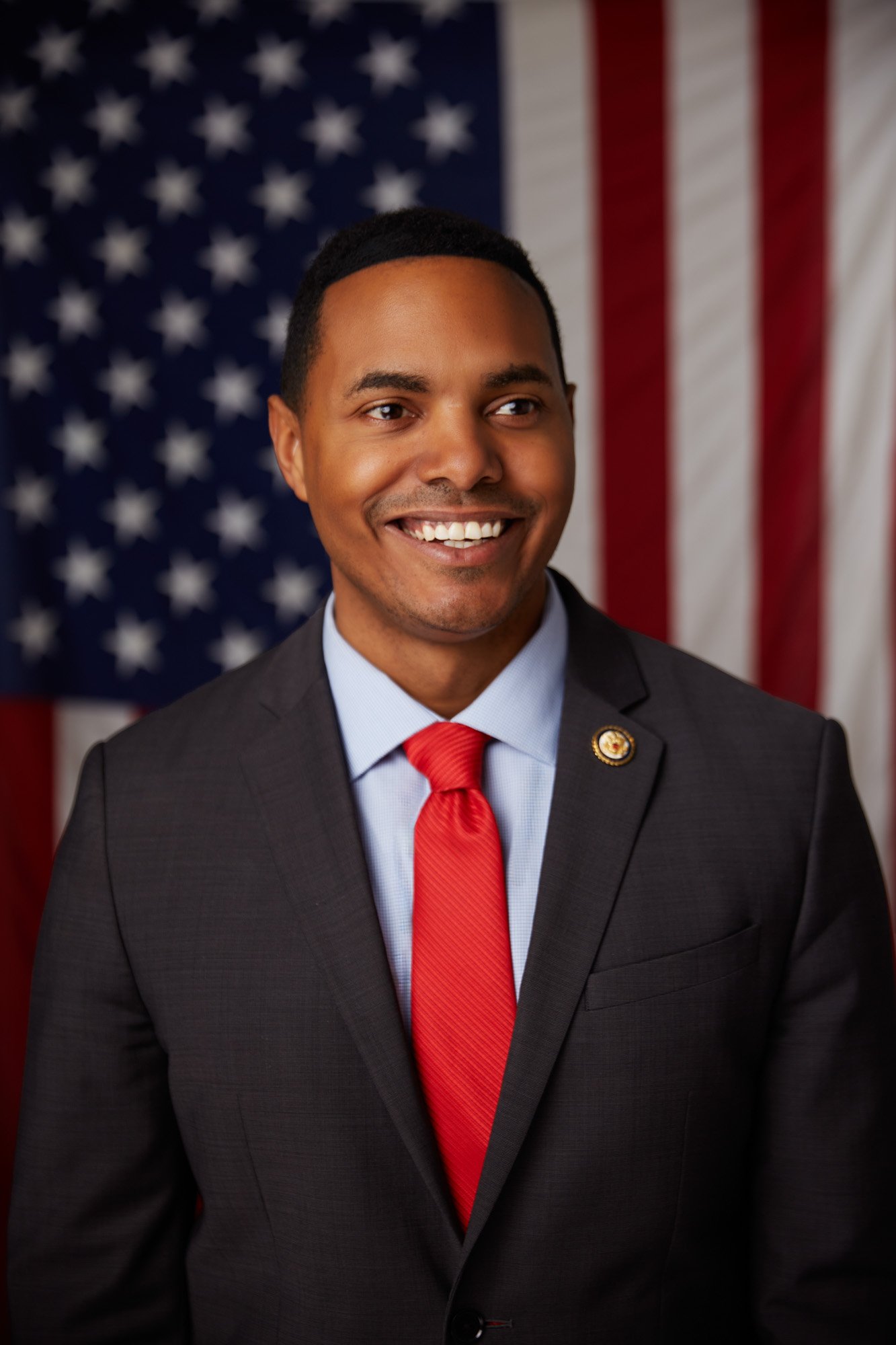
In 1991, there were fewer than 50 openly LGBTQ+ elected officials at any level of government in the entire country—but by the time Ritchie Torres was elected as the first out gay Afro-Latino member of Congress in 2020, there were more than 1,000 candidates for office. Despite that shift, Torres and fellow Democrats currently find themselves defending Sarah McBride, the first openly transgender House member, who has been called “Mr. McBride” by Republicans and barred from using women’s bathrooms on Capitol Hill.
That sits poorly with Torres, who says he was bullied as a kid in the Bronx, where he later helped open the first LGBTQ+ youth homeless shelter. “The treatment of Congresswoman McBride resembles the mistreatment of African American representatives during Jim Crow,” he says. “Disgraceful, and it’s gratuitous. Meanness for the sake of meanness.”
Back to Top
David Catania
DC Council, 1997–2015
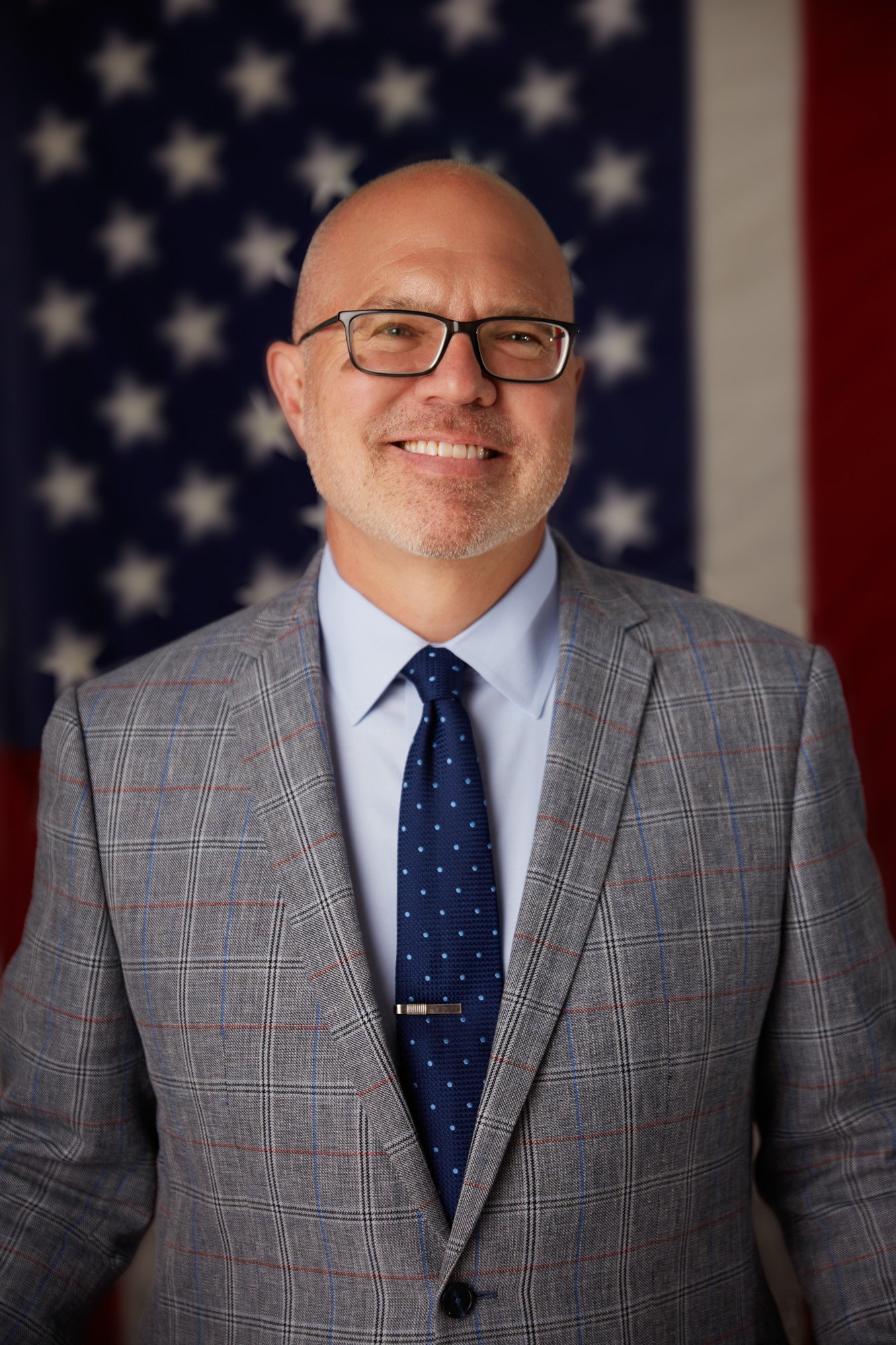
As a Georgetown undergraduate in the 1980s, David Catania saw the university fight a legal battle against gay student groups seeking official recognition. He then “lived through the fire” of the AIDS epidemic. Catania brought both experiences with him when he became the DC Council’s first openly gay member in 1997—and a Republican, a rarity in the deep-blue District. When President George W. Bush later backed a constitutional amendment banning same-sex marriage, Catania spoke out against it and Bush’s 2004 reelection, leading to his decertification as a Republican National Convention delegate.
In response, Catania endorsed John Kerry, declared himself an Independent, and won reelection to the council twice—where he played a key part in DC’s legalization of same-sex marriage a half decade before the nation did the same. “It wasn’t until I saw the effort to politicize same-sex marriage and Bush himself adopt and embrace it that I was like, ‘F— it. I’m done here,’ ” Catania says. “That was it.”
Back to Top
Tammy Baldwin
House of Representatives, 1999–2013; Senate, 2013–present
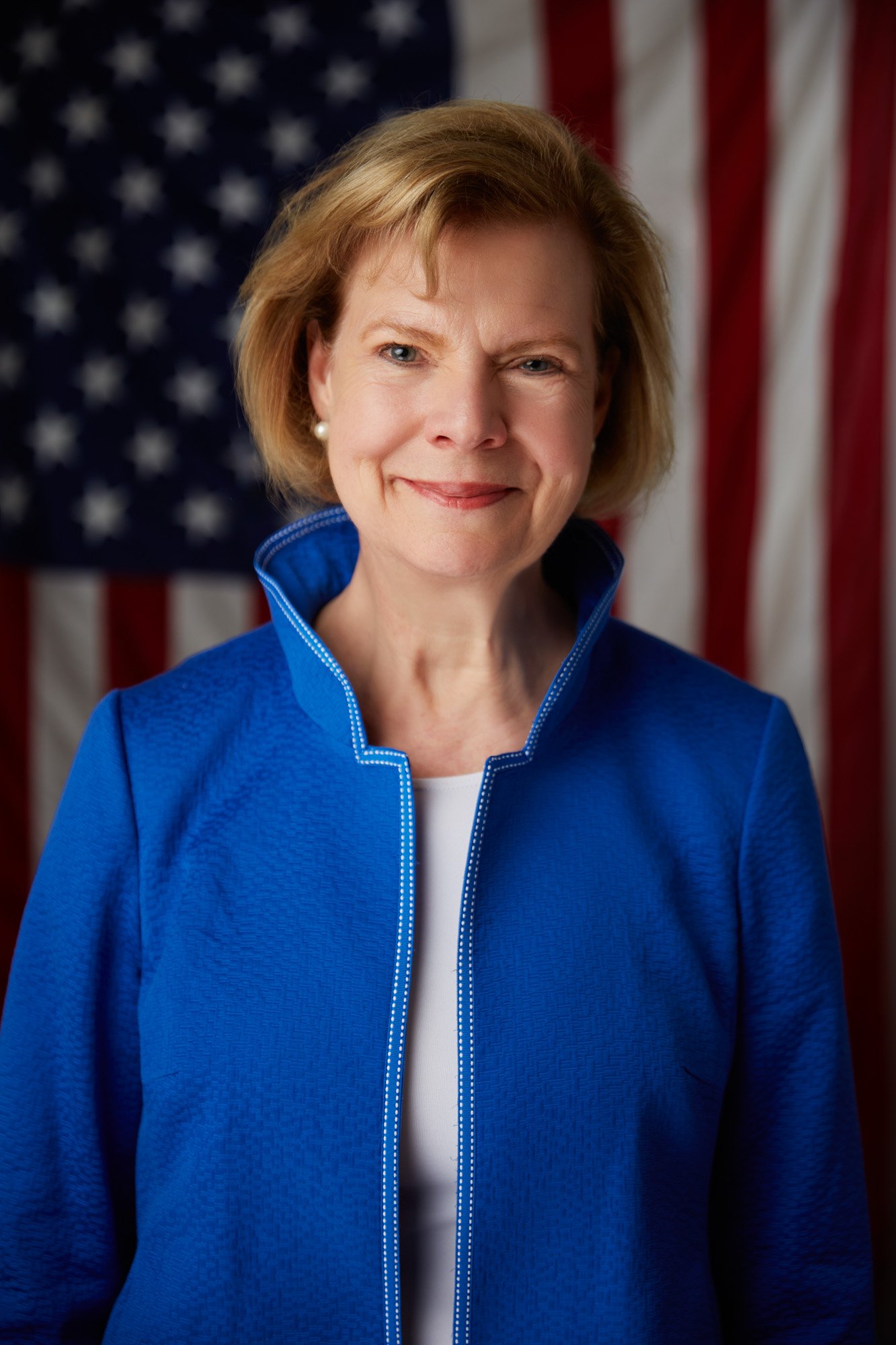
Tammy Baldwin knows progress isn’t linear. The first openly lesbian person elected to Wisconsin’s statehouse in 1992, she went on to become the first elected to the House in 1998 and the first openly LGBTQ+ person elected to the Senate in 2012. Nevertheless, her Republican opponent negatively highlighted her sexuality during the 2024 campaign cycle, running a flurry of attack ads targeting the finance career of Baldwin’s girlfriend—one of which criticized the senator for being “in bed with Wall Street.”
“The arc bends towards justice, but it’s not an arc if there aren’t steps forward and steps back,” Baldwin says. “There’s been some profound progress that I’ve had the joy to witness and to participate in advancing, but one step forward, one step backwards. That’s what we’re seeing right now. It’s very frightening.”
Back to Top
Barney Frank
House of Representatives, 1981–2013
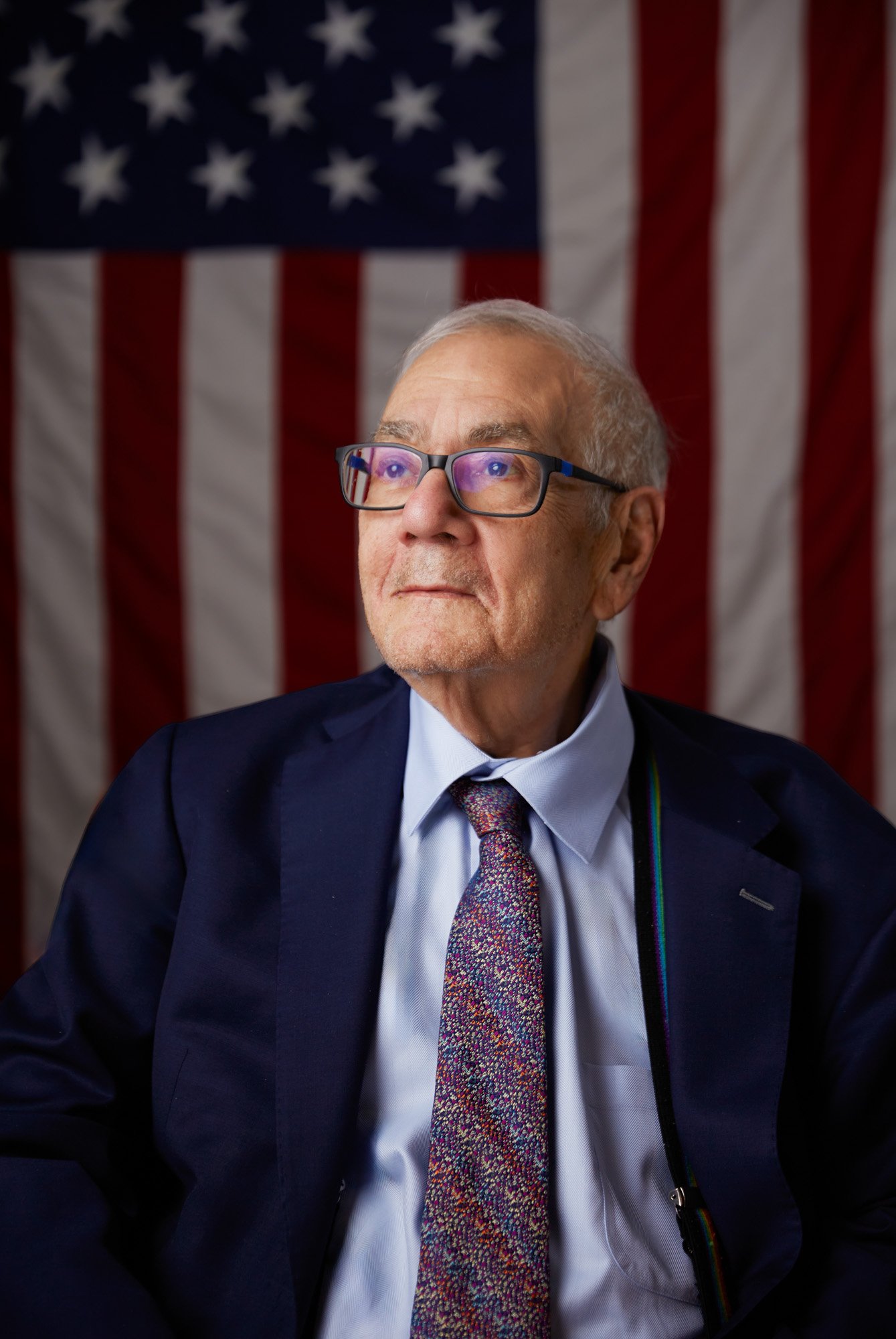
While Barney Frank is proud of the Dodd-Frank Act, the sweeping reform measure he coauthored in the wake of the 2008 financial crisis, the longtime Massachusetts Democrat’s legacy runs deeper. When he first arrived on Capitol Hill, he says, “there were no laws anywhere in America that protected gay people against discrimination in jobs or anything else”—including the right to marry, serve in the military, obtain essential security clearances, and even immigrate to America.
“We were considered ‘sexual deviants’—nasty words—and I was a participant in fixing every one of those things,” says Frank, who in 1987 became the first member to voluntarily come out as gay. Brainy and quick-witted, he once quipped that he didn’t read the Starr Report, detailing a sexual relationship between President Clinton and White House intern Monica Lewinsky, because it contained “too much reading about heterosexual sex!”
Looking back, the now-retired 85-year-old says, “I didn’t create the pro-gay movement. I’m a good legislator, and I was able to make sure we took maximum advantage of the favorable shift in public opinion to remove every federal law that in any way disables people based on sexual orientation.”
This article appears in the June 2025 issue of Washingtonian.
